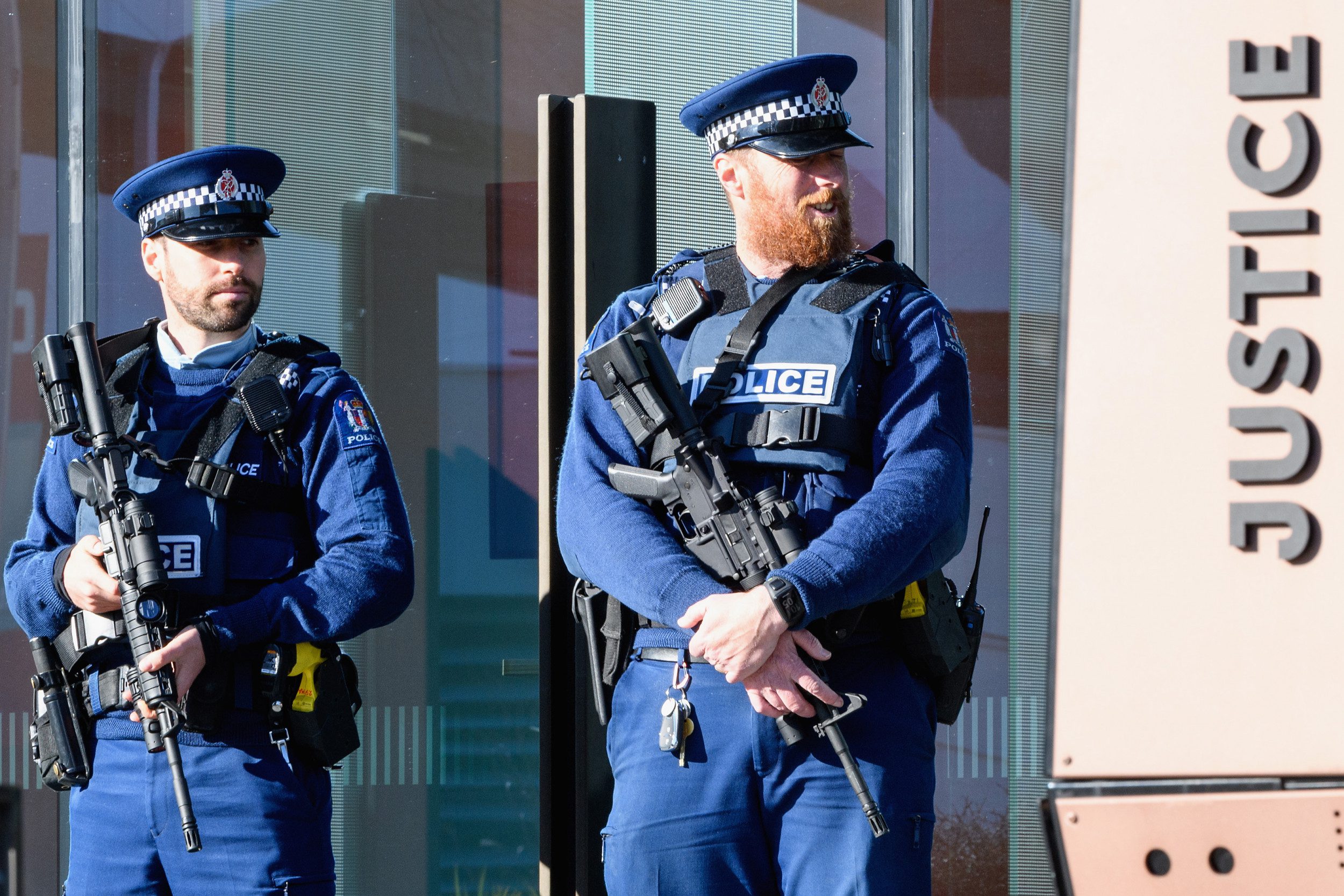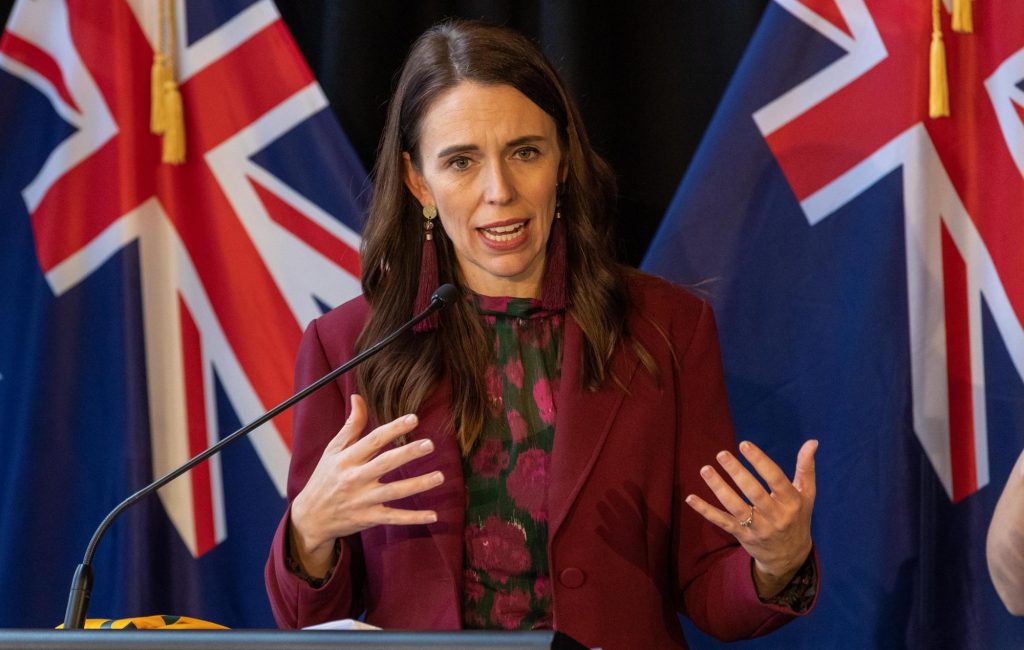News
NZ tightens terror laws following recent IS-attack

News
UK, Canada and Australia consider banning Elon Musk’s X over AI risks
UK, Canada, Australia discuss banning Elon Musk’s X over AI tool Grok’s potential for misuse; regulatory action may follow.
News
Trump weighs options as Iran protests escalate
Trump to discuss US responses to Iran protests with officials, including sanctions and military action options.
News
Trump declares US ready to support Iranian protesters
Trump pledges US support for Iranian protesters as regime arrests 100 amid escalating crackdown on dissent
-



 Tech4 days ago
Tech4 days agoCES 2026 Highlights: AI, robotics, and the future of innovation
-



 Ticker Views2 days ago
Ticker Views2 days agoViruses experts are watching in 2026
-



 Crypto3 days ago
Crypto3 days agoMorgan Stanley files for Bitcoin, Solana, and Ethereum ETFs
-



 Tech4 days ago
Tech4 days agoCES 2026 opens with AI powering the future of tech
-



 Tech3 days ago
Tech3 days agoGlobal memory chip shortage set to drive electronics prices higher
-



 News1 day ago
News1 day agoTrump declares US ready to support Iranian protesters
-



 News4 days ago
News4 days agoPM initiates royal commission on anti-Semitism and unity
-



 Ticker Views4 days ago
Ticker Views4 days agoIran’s leaders should take Trump’s warnings seriously. They have few options left









